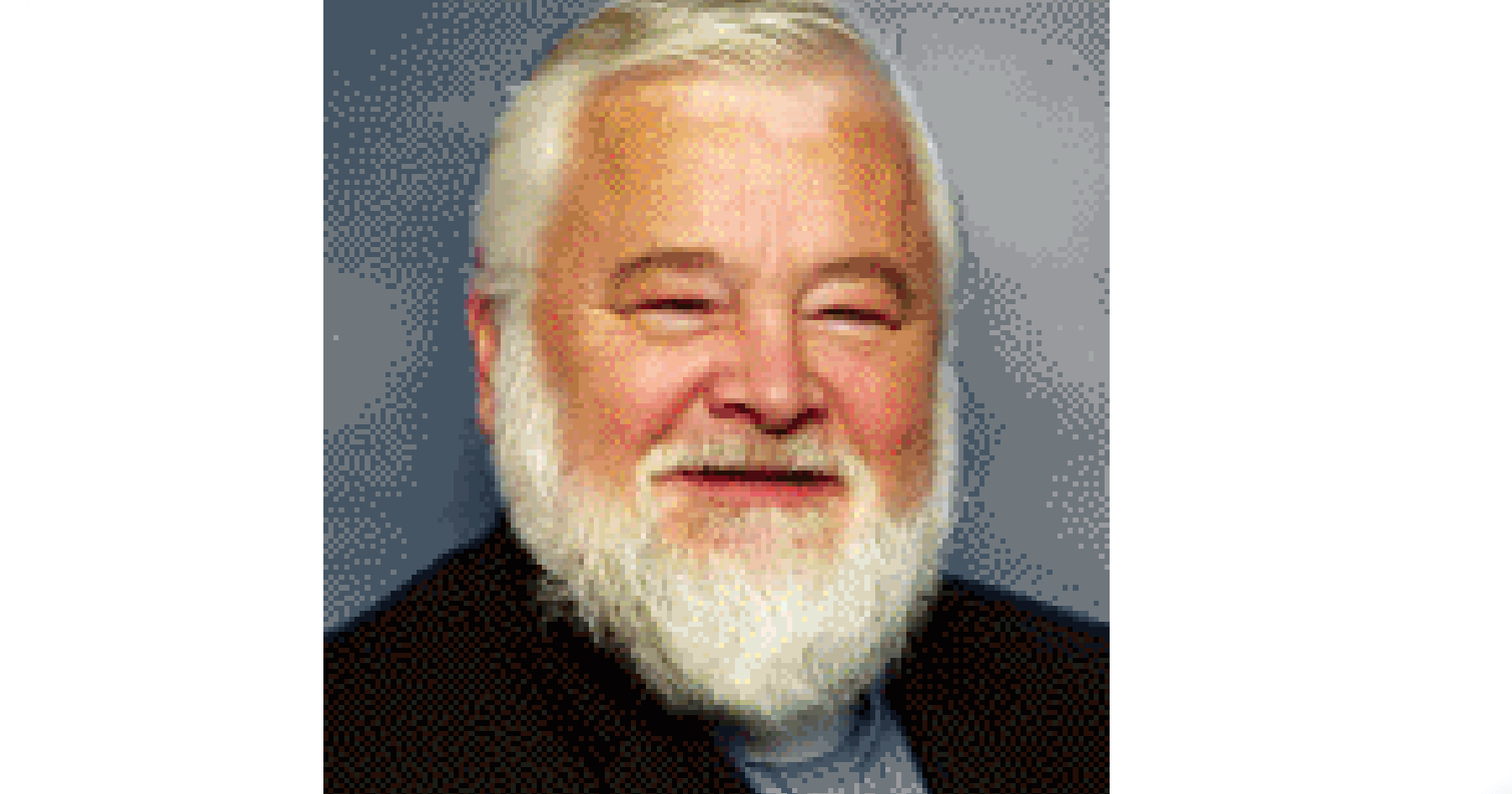February is the month for the feast day of St Valentine. It has become a time when people celebrate love. Hearts abound in cards and decorations and news stories.
But who was St. Valentine? What does he have to do with love? And what does it mean to love?
We know very little about Valentine, and most of it is shrouded in legend. It seemed Valentinus was a 3rd century Roman priest. Emperor Claudius II (‘the Cruel’) decreed that unmarried soldiers would serve the empire best, so he outlawed marriage for young men. Valentinus defied the emperor and secretly performed marriages. He was discovered and executed on February 14th around 270 ce. We commemorate this Christian martyr on this day.
Others claim that the church chose February 14 to baptize the pagan fertility festival of Lupercalia. One of the customs of Lupercalia was to write the names of young women on slips of paper and place the paper into jars. Each young man would draw a name and that girl would be his sweetheart for the duration of the festival.
St Valentine became increasingly popular in medieval Europe with the rise of “courtly love,” in which nobles and knights expressed their chivalrous love and service for their courtly lady. By the mid 18th century, it was a widespread practice to send love letters and small tokens of affection. The day became associated with lovers. Today, about a billion valentine cards are sent each year.
But what does it mean to love? I have thought about this and preached about it many times, and there are always greater depths to plumb.
For me, love is the very heart of who God is, and the essence of how God calls us to live. Jesus reveals love most fully, showing us that love has many different forms. It’s not just helping the helpless. It’s not just giving oneself for the sake of others. It’s not just romantic love. All of these are important, but none of these are enough in themselves. It is all of these, and so much more.
I use a definition of love coined by Thomas Jay Oord: “To love is to act intentionally, in relational response to God and others, to promote overall well–being.” Notice three things in this way of thinking.
Firstly, love is not so much a feeling. Now I don’t have anything against feelings; they are part of almost everything we do. But oftentimes, love requires us to act for good despite our feelings. We may feel hatred or disgust or indifference toward someone, for example — but Jesus still calls us to love our neighbour. Love is an act.
Secondly, love involves a response. We are deeply relational beings, who interact with our environment, our own individual stories, our own culture, our bodies, and the situation we find ourselves in. We interact with each other, with creation, and with God. We love in relational response to each of these.
Thirdly, love’s purpose is to promote overall well–being. Love aims to do good. Love intends to make life more whole for all with whom we share this beautiful blue planet.
There are many synonyms for this kind of well–being: blessedness, flourishing, abundant life, wholeness, shalom, the good life. They all point to a sense of wholeness in our physical, mental, social, environmental, and spiritual dimensions.
For me, this kind of love finds its origin in God. I love in response to God and seek to live with this sense of well–being and wholeness. It stems from my relationship with the Creator and reaches out to all my other relationships in this world.
While I don’t always succeed, the deep goal of my life is to live in loving ways and to make loving choices.
Valentine’s Day helps me remember this important and life–giving gift of love.




